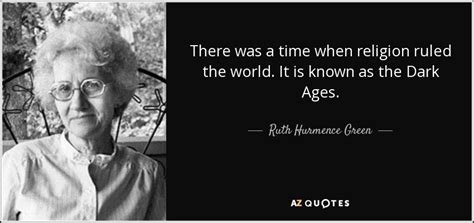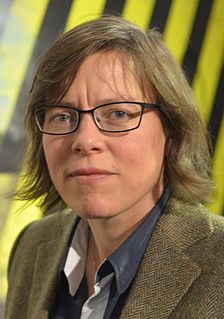A Quote by Tom Shales
Perhaps Western civilization is in a post-decline phase, or maybe the decline is just taking a really long time, like the Roman Empire's did. The Romans had gladiators and Christian-hungry lions and that sort of thing. We have MTV.
Related Quotes
Western Civilization has been in a state of decline since the Edwardian age, say 1910. That was the height of Greco-Roman European civilization. Then there was the First World War. That was the beginning of the end. That civilization has been in a decline ever since. But from the American triumphalist point of view our wonderful electronic revolution is really the forefront of an ongoing wonderful civilization.
The 500 years following the fall of the Western Roman Empire were dubbed by the poet Petrarch 'dark.' Although the 14th-century Italian was referring to a literary decline, the term caught on to denote the seemingly backward turn the Western world took with regard to religious and technological developments.
The Romans have provided a lot of writers with a model for various interstellar empires, of course, and no wonder. The Roman Empire is a really good example of a large empire that, in one form or another, functioned for quite a long time over a very large area. And over all that time, there was all sorts of exciting drama - civil wars and assassinations and revolts and bits breaking off and being forced back in ... But I didn't want my future - however fanciful it was - to be entirely European. The Radchaai aren't meant to be Romans in Space.
There can be no doubt that the young of today have to be protected against certain poisonous effects inherent in present-day civilization. Five social diseases surround them, even in early childhood. There is the decline in fitness due to modern methods of locomotion; the decline in initiative due to the widespread disease of spectatoritis; the decline in care and skill due to the weakened tradition of craftsmanship; the decline in self-discipline due to the ever-present availability of tranquilizers and stimulants, and the decline in compassion, which William Temple called "spiritual death.
I think that any authentic feeling one has of life should be a feeling of defeat. It's a losing game. You're going to die. Civilization is going to end. Our society is in decline, and we should feel OK about it because Roman society was in decline and before it the Assyrian one was, and they disappeared off this earth and we will disappear too.
The Doxology ... that testimonial to the Platonic Trinity, which divided the Roman Empire into at least eighteen quarreling sects, none of whom knew what they were fighting about, and which schisms contributed to the decline and fall of this greatest of states. Rome had thrived for one thousand years with pagan gods at the helm and expired after only one hundred and fifty years under the Christian banner.






































